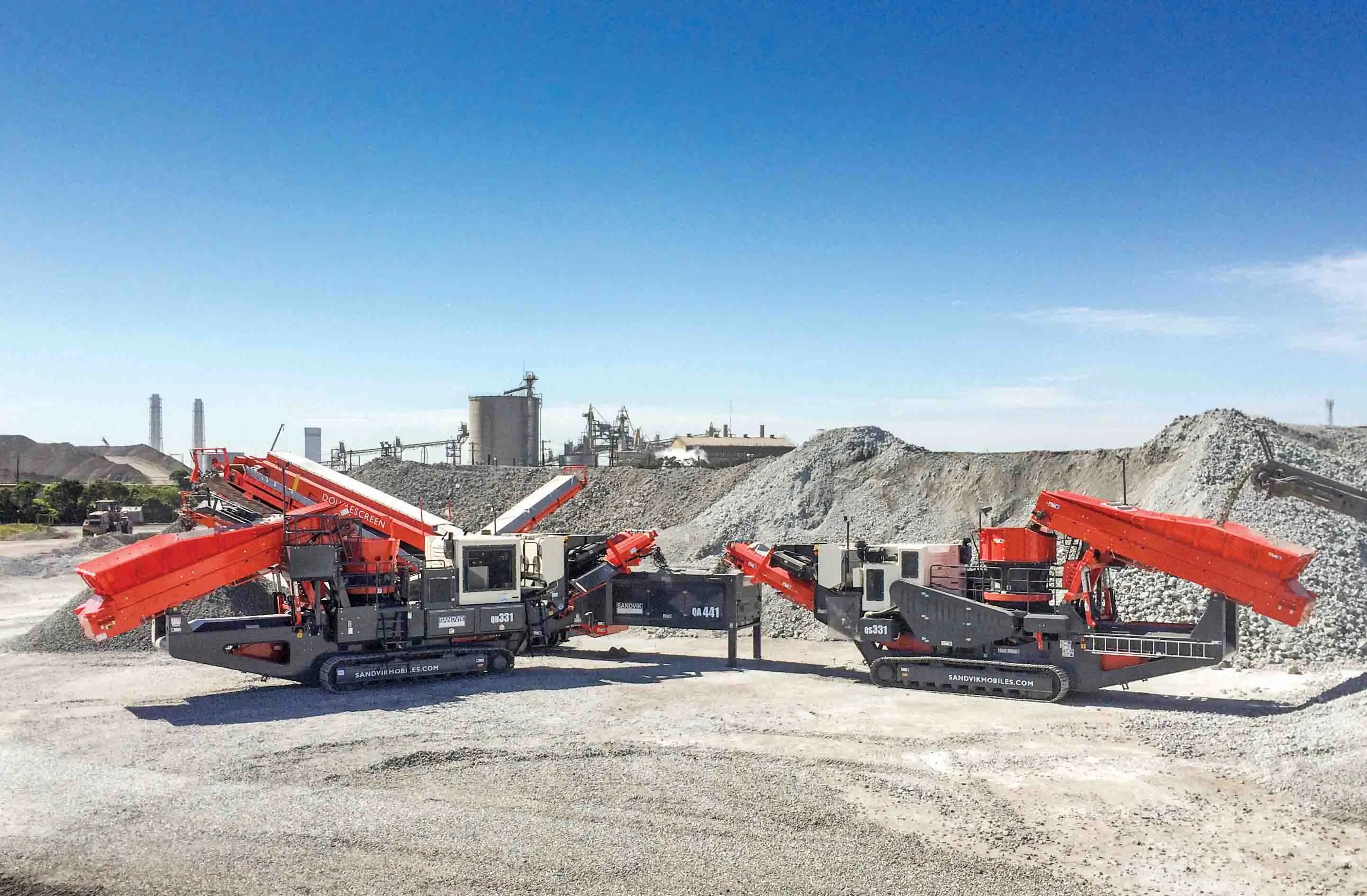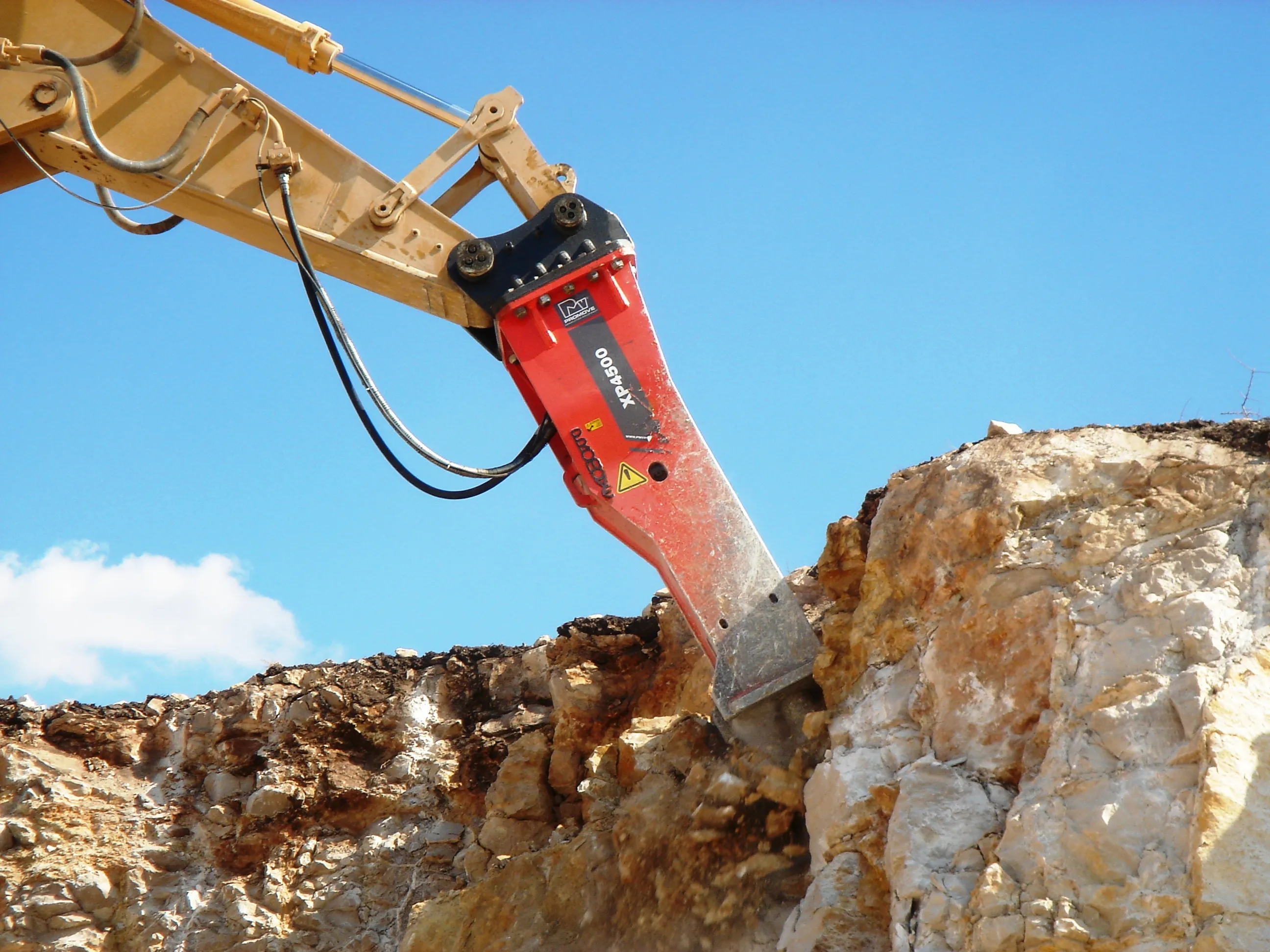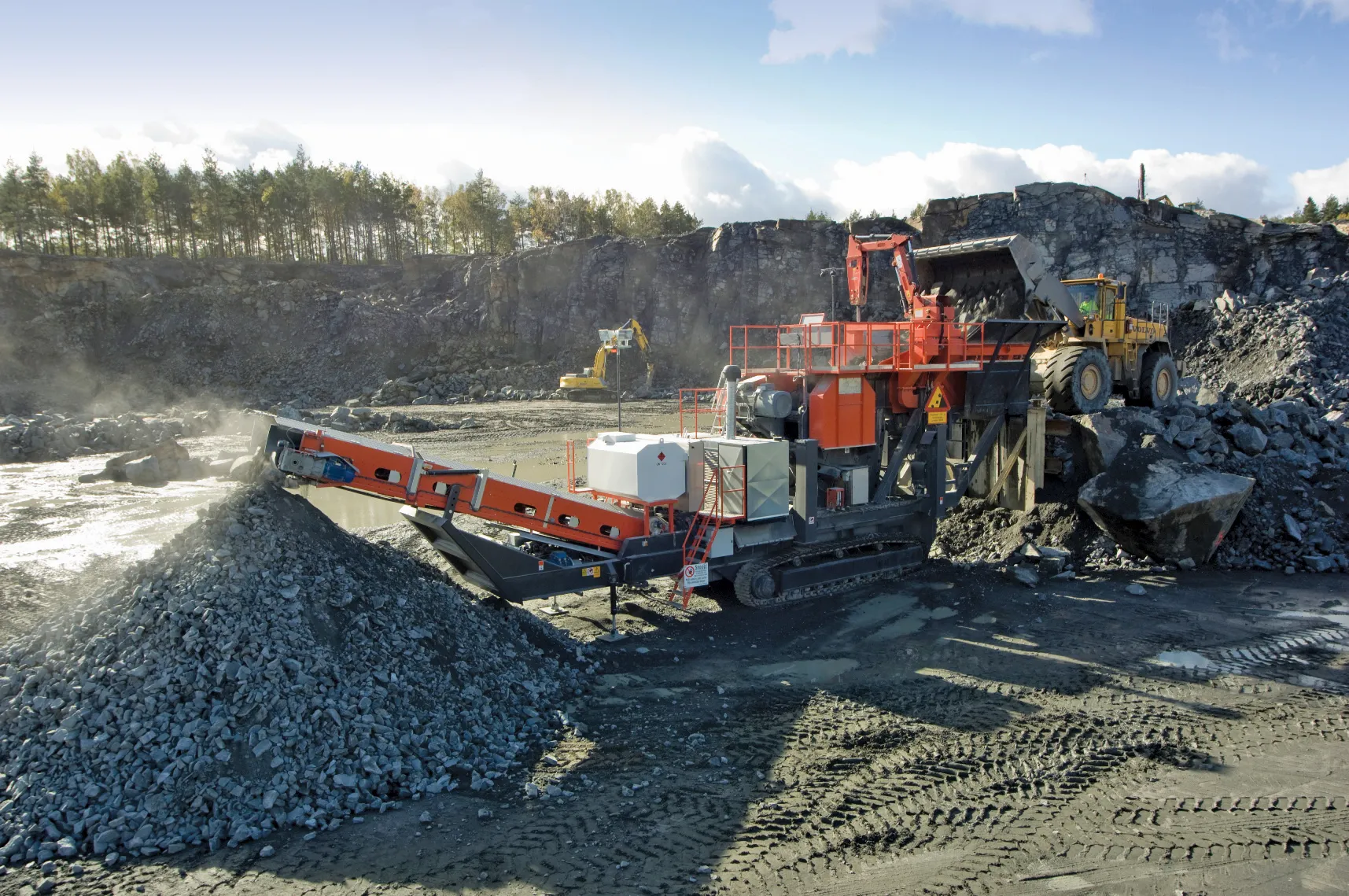A Japanese materials recycling operation close to the capital Tokyo is boosting operating efficiency with the addition of new crushing and screening equipment to its machine fleet. The firm, Tetsugen, is now using the latest cone crusher technology from Sandvik to optimise its slag recycling operations. The Tetsugen Corporation chose two cone crushers and one screen to produce a variety of aggregates. The three machines were selected based on their performance and reliability as well as to the availability
January 30, 2017
Read time: 2 mins

A Japanese materials recycling operation close to the capital Tokyo is boosting operating efficiency with the addition of new crushing and screening equipment to its machine fleet. The firm, Tetsugen, is now using the latest cone crusher technology from 325 Sandvik to optimise its slag recycling operations.
The Tetsugen Corporation chose two cone crushers and one screen to produce a variety of aggregates. The three machines were selected based on their performance and reliability as well as to the availability of a direct link to Sandvik's Global Support Centre for aftermarket back-up.
When recycling slag material, Tetsugen produces different aggregate sizes, with the end product being used companies for road construction. To achieve this, Tetsugen uses a Sandvik QS331 gyratory cone crusher, a QH331 Hydrocone crusher and a QA441 Doublescreen. The large slag feed size of 400mm is provided by one of the jaw crushers, which is fed directly into the QS331. The material is then processed by the QH331.
The QA441 Doublescreen provides the aggregates sizes required, with the 0-40mm and 0-25mm grades used in road construction. When performing together in normal conditions, the Sandvik units provide an output of approximately 250tonnes/hour.
The Tetsugen Corporation chose two cone crushers and one screen to produce a variety of aggregates. The three machines were selected based on their performance and reliability as well as to the availability of a direct link to Sandvik's Global Support Centre for aftermarket back-up.
When recycling slag material, Tetsugen produces different aggregate sizes, with the end product being used companies for road construction. To achieve this, Tetsugen uses a Sandvik QS331 gyratory cone crusher, a QH331 Hydrocone crusher and a QA441 Doublescreen. The large slag feed size of 400mm is provided by one of the jaw crushers, which is fed directly into the QS331. The material is then processed by the QH331.
The QA441 Doublescreen provides the aggregates sizes required, with the 0-40mm and 0-25mm grades used in road construction. When performing together in normal conditions, the Sandvik units provide an output of approximately 250tonnes/hour.









